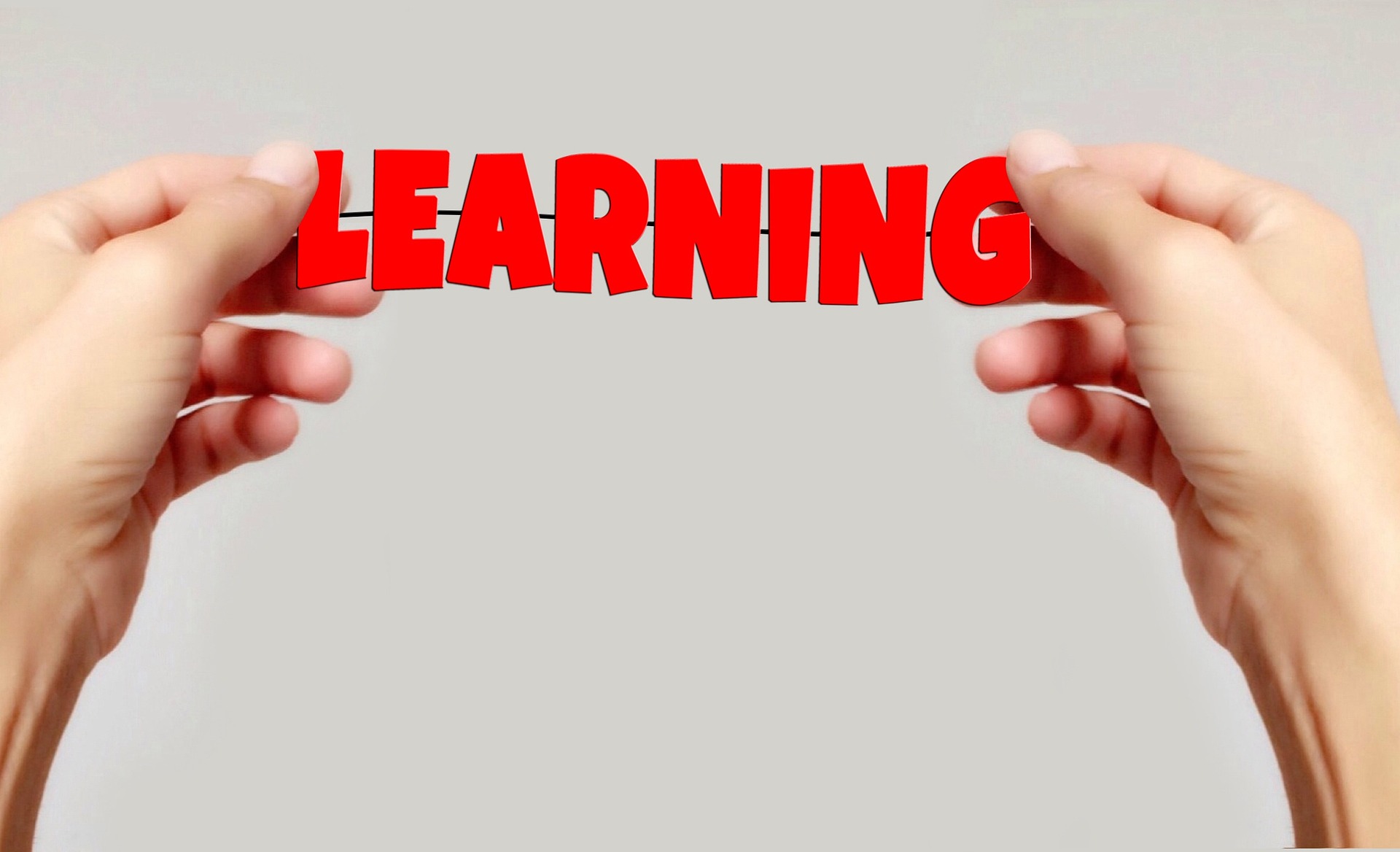Elementary Education Degree: What It Covers and Career Paths
An elementary education degree prepares candidates to teach children in early grades, typically from kindergarten through fifth or sixth grade, depending on the region. Programs combine coursework in subject-area methods, child development, classroom management, and assessment with hands-on field experiences. This degree often leads to state or national teacher certification, enabling graduates to work in public and private school settings, curriculum roles, or education-related community programs.

How does this degree fit into education?
An elementary education degree is a specialized branch within the broader field of education, focusing on foundational learning stages. Coursework commonly covers literacy, mathematics, social studies, science pedagogy, and inclusive education practices. Students study theory and research about how children learn and develop, which helps them design age-appropriate lessons and assessments. Many programs also emphasize educational psychology, multicultural education, and legal/ethical responsibilities in schools, providing a balanced blend of theory and practical teaching strategies relevant to diverse classrooms.
What skills does a teaching degree develop?
Programs designed for teaching develop a blend of instructional, interpersonal, and organizational skills. Prospective teachers learn lesson planning, classroom management, formative and summative assessment techniques, and differentiated instruction to meet varied learning needs. Communication skills, both with children and with families or colleagues, are cultivated through presentations, parent-teacher simulations, and collaborative projects. Reflective practice and use of educational technology are also included, helping graduates apply evidence-based methods and adapt teaching to contemporary classroom environments.
What does an elementary education degree cover?
An elementary education degree typically includes core education courses plus subject-specific methods for primary grades. Core topics include child development, literacy instruction, mathematics pedagogy, assessment practices, and special education fundamentals. Many programs offer electives or concentrations such as bilingual education, STEM for elementary teachers, or early childhood learning. A significant component is supervised fieldwork—student teaching placements or practicums—where candidates apply methods in real classrooms under mentor supervision, refining instructional techniques and developing professional teaching dispositions.
How does the degree prepare for work in a school?
Preparation for work in a school combines academic coursework with practical experience and certification processes. Most programs require student teaching in one or more school settings to build classroom experience and classroom management skills. In many jurisdictions, graduates must pass licensing exams and meet background check requirements to receive certification. Coursework often includes training on classroom assessment systems, inclusive practices for students with special needs, and collaboration with school staff, which supports smooth transitions into roles such as classroom teacher, instructional coach, or after-school program leader.
How does the program address working with children?
Working with children is central to an elementary education degree, and programs emphasize child-centered instructional design, social-emotional learning, and developmental considerations. Candidates learn to create safe, supportive learning environments that promote engagement and curiosity. Training covers behavior management, trauma-informed practices, and strategies for fostering communication and critical thinking in young learners. Programs also instruct teachers on partnering with families and caregivers to support student growth and on recognizing and responding to diverse learning profiles in ways that respect each child’s strengths.
Conclusion
An elementary education degree equips graduates with a mix of pedagogical knowledge, hands-on classroom experience, and professional competencies required for teaching young learners. Through coursework in subject methods, child development, assessment, and inclusive practices, along with supervised student teaching, candidates gain the practical skills needed for school-based roles. While program details and certification requirements vary by region, the degree serves as a pathway to careers that focus on supporting children’s academic and social development in school and community settings.






